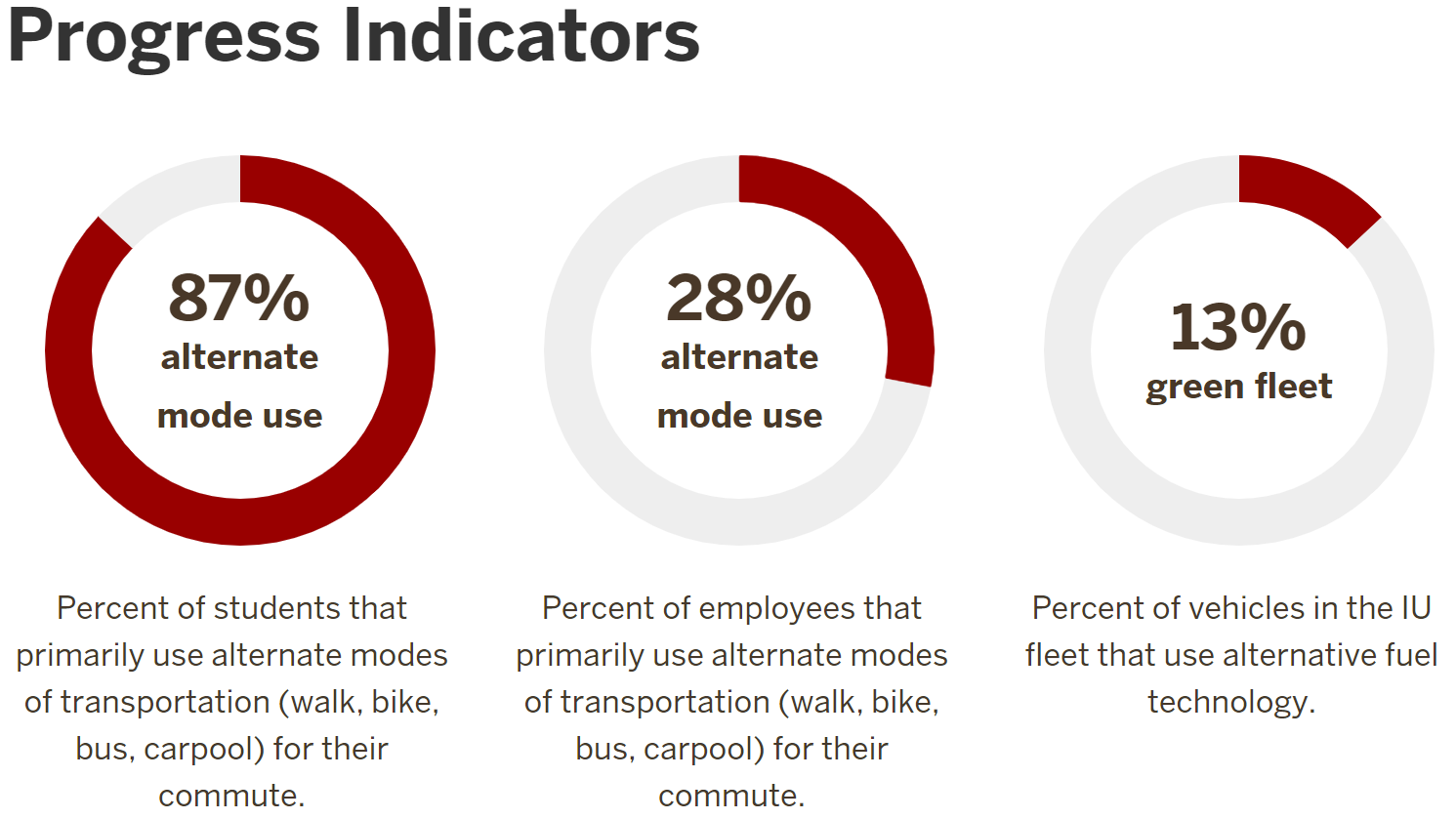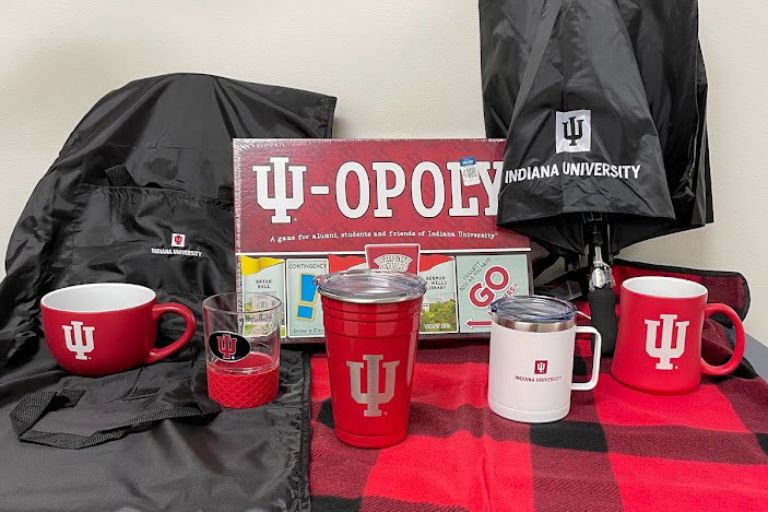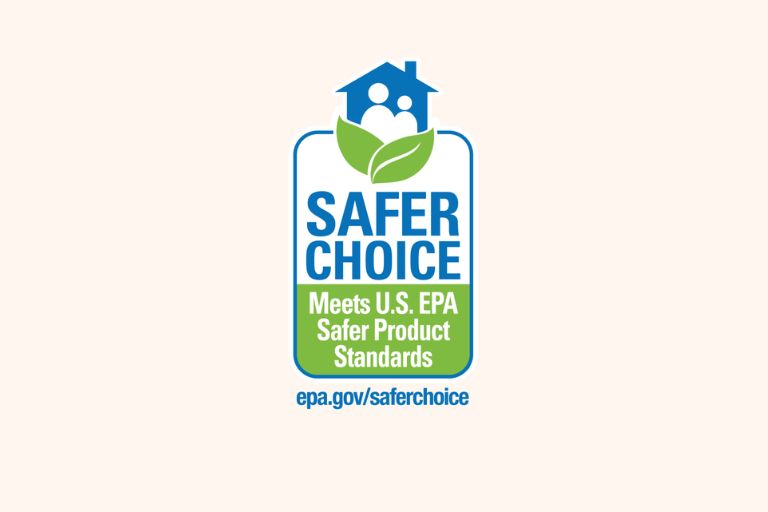The Indiana University Purchasing Department has been encouraging and facilitating sustainable purchasing over the years. Efforts are made in the areas of papers, cleaning products, furniture, carpets, and some food items, among others. It is a step-by-step progress towards moving Indiana University towards a sustainable campus.
Sustainable and responsible procurement

Sustainable Swag Guide
Do you purchase swag to give away for recruitment, fairs, and tabling events? Use the sustainable swag guide to learn about best practices in giving away promotional items and get ideas for creative alternatives. Give meaningful items that students will actually use and value while still supporting your brand.


Paper purchasing
IU's sustainable purchasing policy prohibits the procurement of products sourced from old growth forests, including paper. The use of post-consumer recycled paper is encouraged when appropriate. Of the paper purchased by IU Indianapolis, ~10% has some degree of recycled content.

Electronics procurement
Indiana University's sustainable purchasing policy requires all new electronics purchased by the university be Energy Star certified or EPEAT rated whenever possible or practical.

Local purchasing
IU Indianapolis, and the IU system, can leverage its buying power to make sustainable purchasing decisions across the campus that impact the entire market. 66% of IU Indianapolis' purchases are from local business, supporting the local economy and bolstering a resilient local network.

Green cleaners
50% of the cleaners purchased by IU Indianapolis are Green Seal Certified, including all hand soaps. This effort is part of IU Indianapolis's larger Healthy High Performance Cleaning program, which is designed to make campus buildings safer, healthier, and cleaner.
Take action
Trade/share
Use IU Classifieds to buy, sell, and trade items to extend the life of existing items and avoid unnecessary new purchases.
IU Surplus
Send unwanted University property to IU Indy Surplus and shop the inventory for electrics, furniture, and much more.
End of life
When products reach their useful end of life, learn how to dispose of them properly, whether it be reuse, recycling, compost, or trash.

